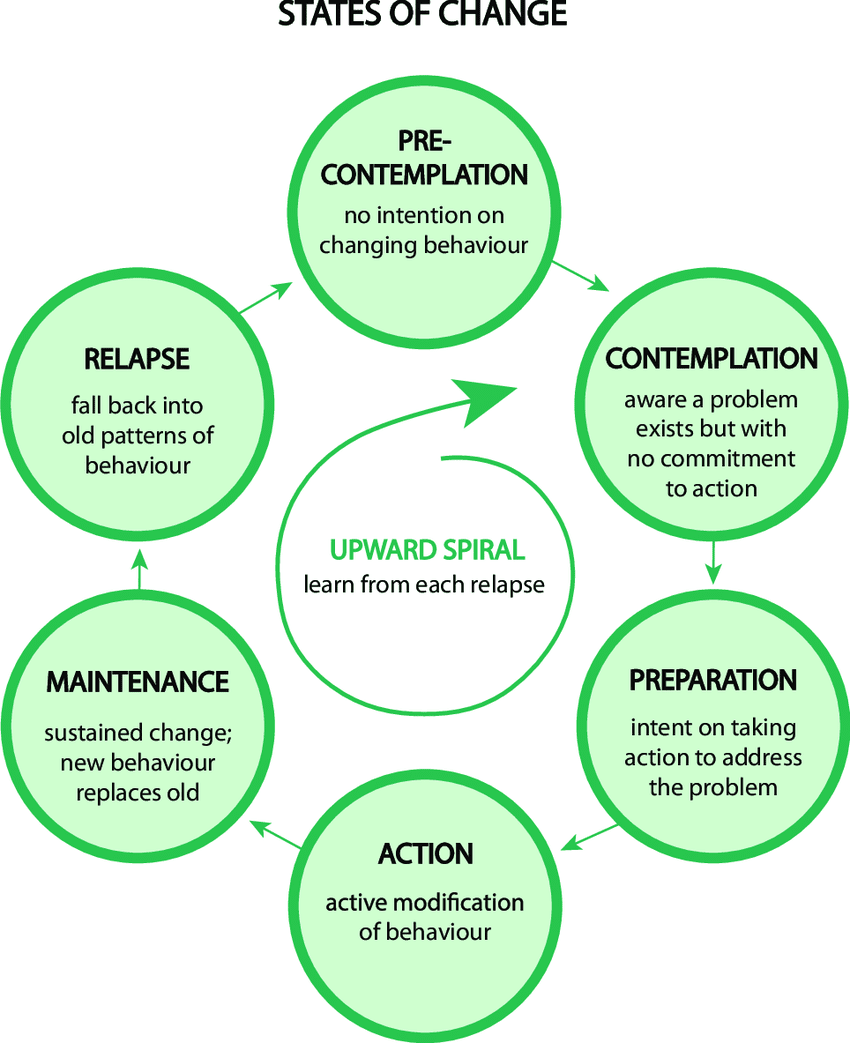Motivational Interviewing
Principles and Techniques of Motivational Interviewing
The four principles guiding the practice include expressing empathy, supporting self-efficacy, rolling with resistance, and developing discrepancy. These principles can be established using the following techniques: Use of open-ended questions, affirmations, reflections, and summaries (OARS).
By expressing empathy, a clinician shows they understand and accept the patient’s situation. The clinician can establish empathy by asking open-ended questions to gather data, reflecting back what he or she hears, and summarizing his or her understanding. Self-efficacy can be established by providing affirmations that highlight a patient’s strengths. The clinician should develop discrepancy by pointing out how the patient’s behavior is not congruent with his or her beliefs or values. For instance, a patient with problematic drinking may identify as a hard worker with a desire to return to work. A clinician could develop discrepancy by pointing out how difficult it may be to obtain and maintain a job while continuing to drink. Finally, the clinician should avoid confrontation or argument, a process known as rolling with resistance, to maintain a productive collaboration.39
Stages of Change
The stages of change model proposes six stages of change (shown in Figure 29). Motivational interviewing is useful to identify and advance stages of change. Clinicians can document what stage describes a patient’s behavior and can consistently use motivational interviewing to empower the person to move toward desired behavioral change.

Motivational interviewing can be useful during medical, behavioral, and substance use treatment planning. It can be used to empower a person with diabetes to take their medications, to help someone quit smoking or to cut down on using substances or alcohol, to persuade someone to seek needed psychiatric treatment, or to motivate someone to move from the streets into a shelter.